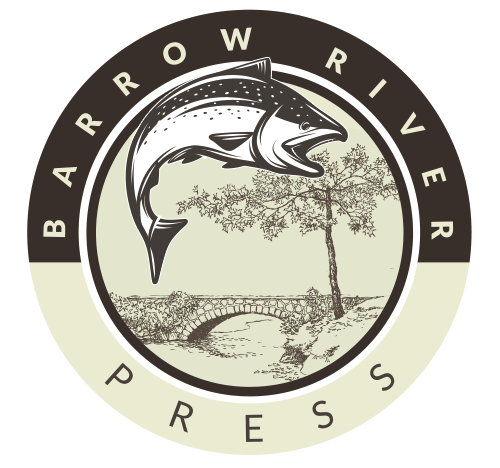In 1956, the Hungarian Revolution was crushed by Soviet tanks in a massacre of defenseless protesters who were left to their fate by The West. As a 14-year-old Irish school dropout, I recall one stanza of a poem—really a cri de coeur—whose desperate plea still haunts me.
“Dear God, can we stand idly by…
And watch a gallant nation die?
Is all the western world asleep
While heroes bleed, and women weep?
Now, here we are, 66 years later. Same situation. The West is not so quite inert, but hardly confronting the barbarism of Putin. The poem of ’56 is just as apt now as it was then. How many cities will have to be leveled? How many murdered in their homes and playgrounds before we say, ENOUGH, to the monster of Moscow?
What are today’s Ukrainian poets saying about Putin’s invasion?
I thought you’d like to know. For poets have a way of speaking the truth, and being remembered.

